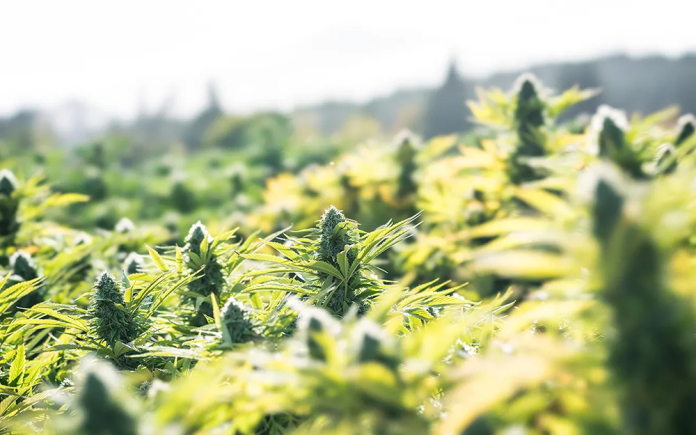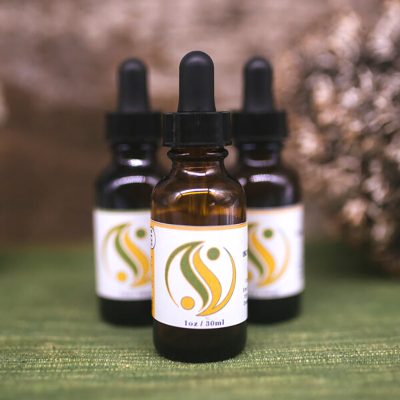
By Billee Sharp
Autumn has an air of completion about it, especially for those agriculturists and gardeners who have just harvested their crops.
The traditional cannabis harvest in California runs from late September through October. Once the plants have been harvested the flowers must be carefully dried and cured before the harvest can be considered a success.
These days, much of California’s cannabis is grown indoors under artificial lights, which leads to multiple harvests instead of just one. The commercial advantages of indoor growing are obvious and indoor growing advocates argue that the controlled growing environment protects the plants from outdoor nuisances, namely insects and bad weather.
Indoor and outdoor cultivation are legal in California with the appropriate licenses and permits and both exist amicably side by side supplying the legal market.
However, for as many years as cannabis has been grown indoors there has been a lively debate about whether indoor or outdoor growing yields superior cannabis.
Finally in January this year, Molecules, the leading international, peer-reviewed, open-access journal of chemistry, published a study by Columbia University that compares the two cultivation methods.
The study grew six genetically identical commercial plants from two different cultivars, Red Velvet and the unfortunately named, Cheetah Piss, with three plants of each strain outside and three inside. The outdoor samples were grown in raised beds using a mixture of all-natural, “living” soil and composts in full sunlight. The indoor samples were grown under artificial light in a proprietary growth medium.
At harvest, the researchers selected similar sized flowers from the top of the plants. They then tested the flowers using gas chromatography with mass spectrometry (GC-MS) to evaluate terpene composition, and ultra-performance liquid chromatography plus mass spectrometry (UPLC-MS) to measure cannabinoids. These methods are the industry standard for testing cannabis.
Outdoor cannabis samples showed a greater diversity of terpenes compared to indoor cannabis from the same genetic stock. In addition, the outdoor samples revealed a greater concentration of sesquiterpenes compared to the indoor samples. Sesquiterpenes, are terpenes that have an extra isoprene unit. The most common sesquiterpene is B-caryophyllene, the spicy flavored element, present not only in cannabis but also hops, black pepper and rosemary. Sesquiterpenes are larger than terpenes and tend to be more robust, maintaining their properties more reliably during drying and curing.
In terms of primary cannabinoid levels, levels of CBGA and CBDA were relatively similar between indoor and outdoor plants, while CBCA was slightly higher in the outdoor grow THCA was slightly lower.
Admittedly, the study has some shortcomings; it doesn’t take every cultivation variable into consideration, nor does it measure differences in the nutrient value of the growing mediums nor compare temperature and humidity conditions.
Despite the limitations of the study, the results make a credible case that certain conditions associated with outdoor growing may be favorable to terpene production and protective of cannabinoid degradation through the presence of extra sesquiterpenes.
 Indoor growers will gleefully point to the slightly higher ratio of THCA and thus THC of indoor plants, but THC levels are not the only yardstick that cannabis by which cannabis is measured. Medical cannabis growers are keen for the broadest expression of terpenes and cannabinoids and outdoor growing conditions are conducive to this outcome.
Indoor growers will gleefully point to the slightly higher ratio of THCA and thus THC of indoor plants, but THC levels are not the only yardstick that cannabis by which cannabis is measured. Medical cannabis growers are keen for the broadest expression of terpenes and cannabinoids and outdoor growing conditions are conducive to this outcome.
At Synergy Wellness, outdoor cultivation has been central to the development of hybridized cannabis strains rich in CBD, CBG, CBN, and THCV. As staunch believers in the benefits of broad-spectrum cannabis, where cannabinoids act synergistically, we see the advantages of sunshine in our plants and products!
Learn Cannabis Education, Dosing Without the High on the 1st Saturday of the Month from 11 AM to 1 PM at the Vault Dispensary Lounge. Register Here. send comments to cannaangel16@gmail.com.










































